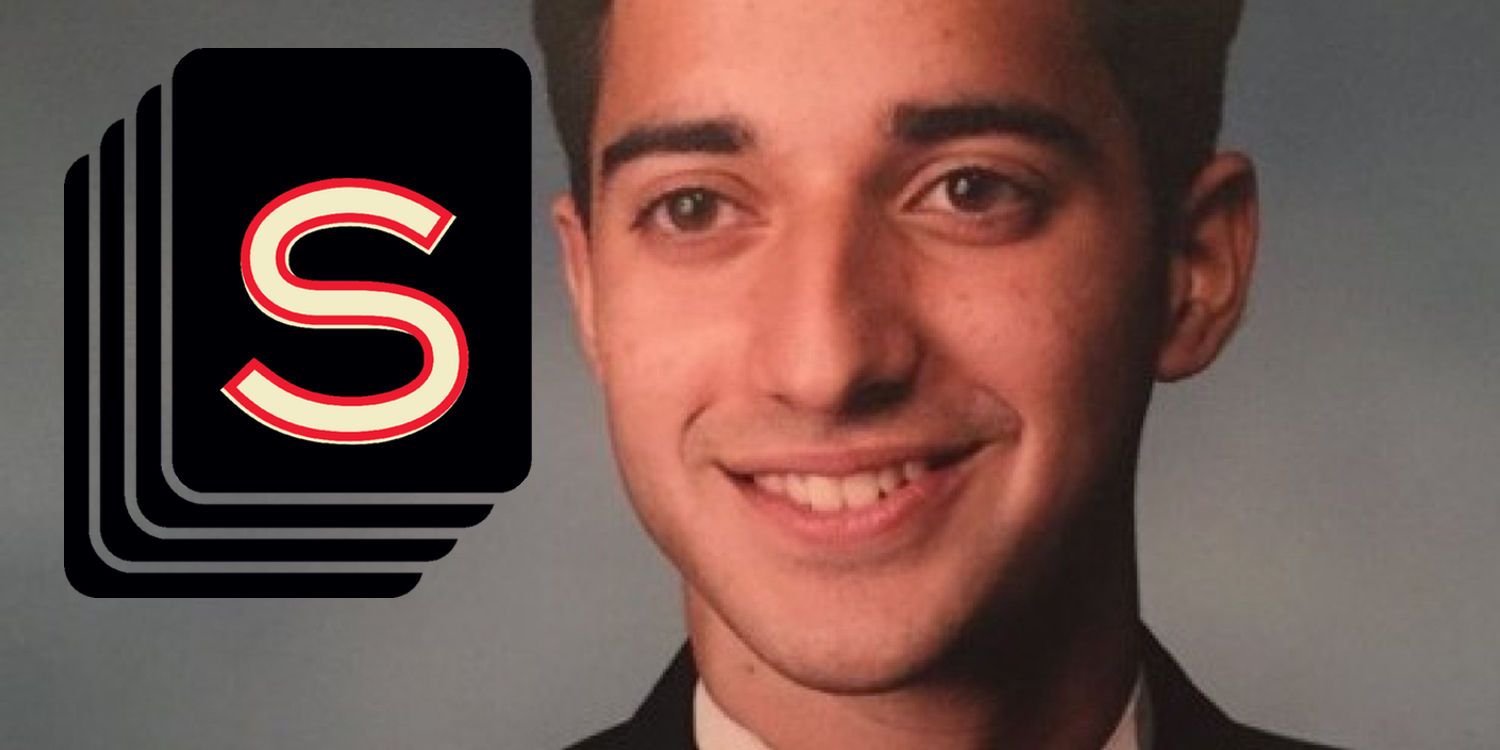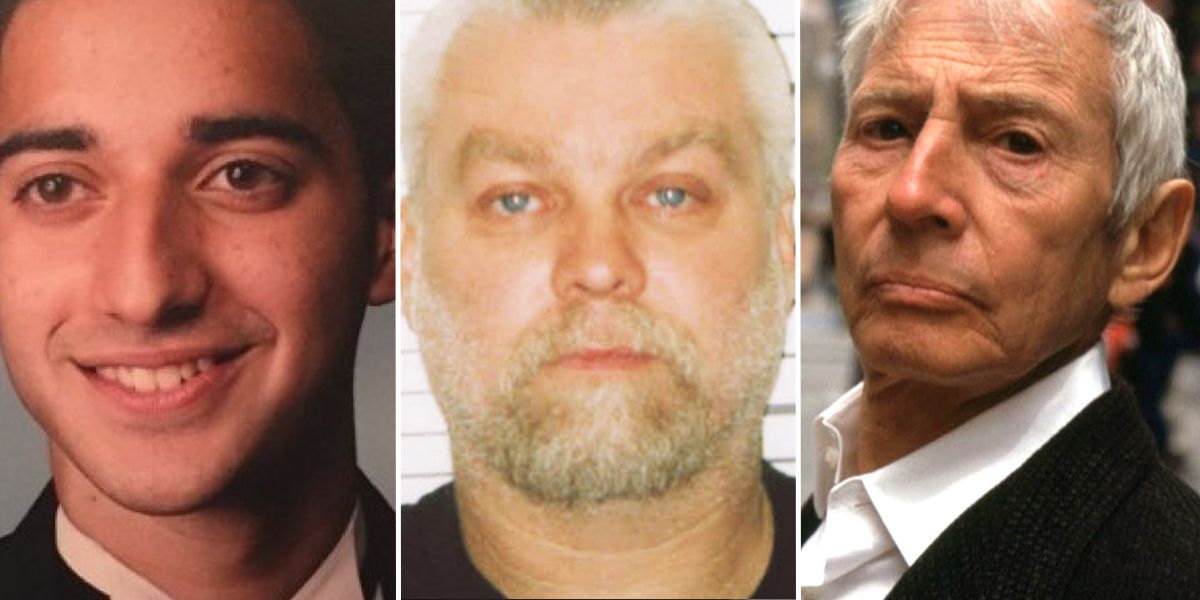Sensationalism, especially in news and journalism outlets, has grown exponentially in this current social media age. Platforms like Twitter tend to break news long before it is seen from more traditional sources. Whether or not the news has been sourced or fact checked holds little credence to a story going viral. But the beauty of these social sites is that they allow users to bypass traditional gatekeepers.
Opening the lines of communication has given audiences unprecedented access by putting them just 140 characters away from saying practically whatever they want to whomever they please. This uncensored medium seems to fuel a morbid curiosity as evidenced in the type of true crime stories that audiences have been inundated with of late. Popular among them is the Serial podcast from NPR. In 2015, host Sarah Koenig shared Adnan Syed's story with the world over 12 weeks in the hopes of uncovering new information vital to the case.
The first edition of Serial presented facts that were gruesome and disturbing, yet listeners felt unable to stop themselves from speculating about an actual murder that took place in Baltimore some 17 years ago. While the information that was presented in the podcast failed to provide anything new or conclusive, People is now reporting that Adnan Syed (who was convicted of the 1999 murder of his ex-girlfriend, Hae Min Lee) will receive a new trial. A judge has vacated Syed's conviction, citing that evidence presented about cell tower data was not expertly examined.
The amount of coverage this case received after Serial was phenomenal but not surprising. There has always been a market for this kind of real-life intrigue. For the second season of the hit podcast, Koenig took on the controversial topic of Bowe Bergdahl, a U.S. soldier who was held captive by a Taliban affiliate group for five years; it was a story with the potential to read like a real life Homeland.
Serial is neither the first nor will it be the last we see of criminal cases becoming high-profile news stories long after the crimes were committed. In February of 2015, HBO released a documentary miniseries called The Jinx that introduced audiences to alleged multiple murderer Robert Durst. During the filming of the special, Durst incriminated himself for crimes that were committed in 2000, which eventually lead to his arrest and a murder charge in New Orleans in March 2015. It was widely known that his arrest was a direct result of the information that was made public during this HBO miniseries.
Netflix threw its weight behind Making A Murderer, a 10-part documentary that was released in December 2015. It was the story of Steven Avery, a man who served 18 years in prison for sexual assault and attempted murder but was exonerated only to be convicted of murder a few years later. The series polarized and captivated many viewers. Shortly after the series premiered, a petition that garnered over half a million signatures landed on President Obama's desk; forcing him to inform the public that he had no authority over this case.
Most recently, audiences have had the opportunity to digest two series (one fictionalized account and one documentary) on the O.J. Simpson trial -- a double homicide that split the nation along racial lines back in 1995. FX just wrapped up American Crime Story: The People vs. O.J. Simpson (which saw over 5 million viewers for the premiere), and ESPN's acclaimed 30 For 30 sports documentary series aired O.J.: Made In America, a five-night event that ranked number one in its time slot.
This obsession with wanting to get to the bottom of things is a trend that doesn't appear to be slowing down. Season 1 of Serial received over 80 million downloads, and the news that Syed will be granted a new trial will likely mean the popularity of these investigative true-crime series (podcast, streaming series, or otherwise) will continue to be on the rise.
Serial is being adapted for television. Screen Rant will follow up with details on when or if it is expected to air.
Source: People


